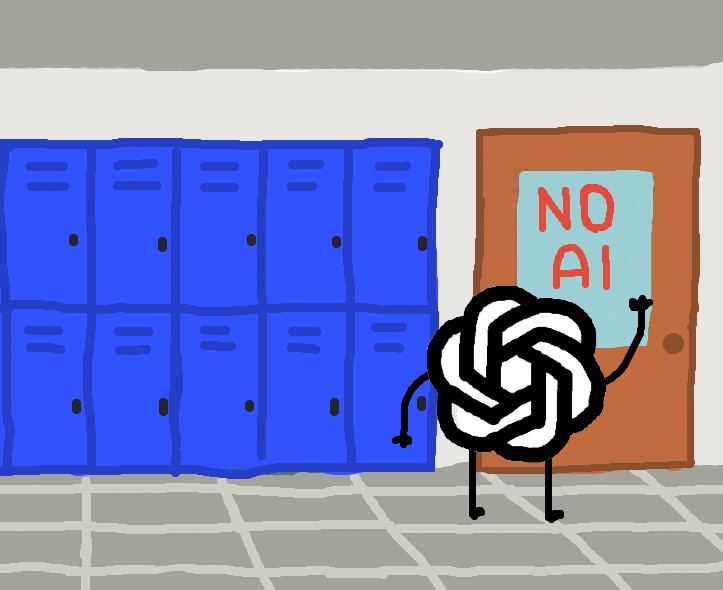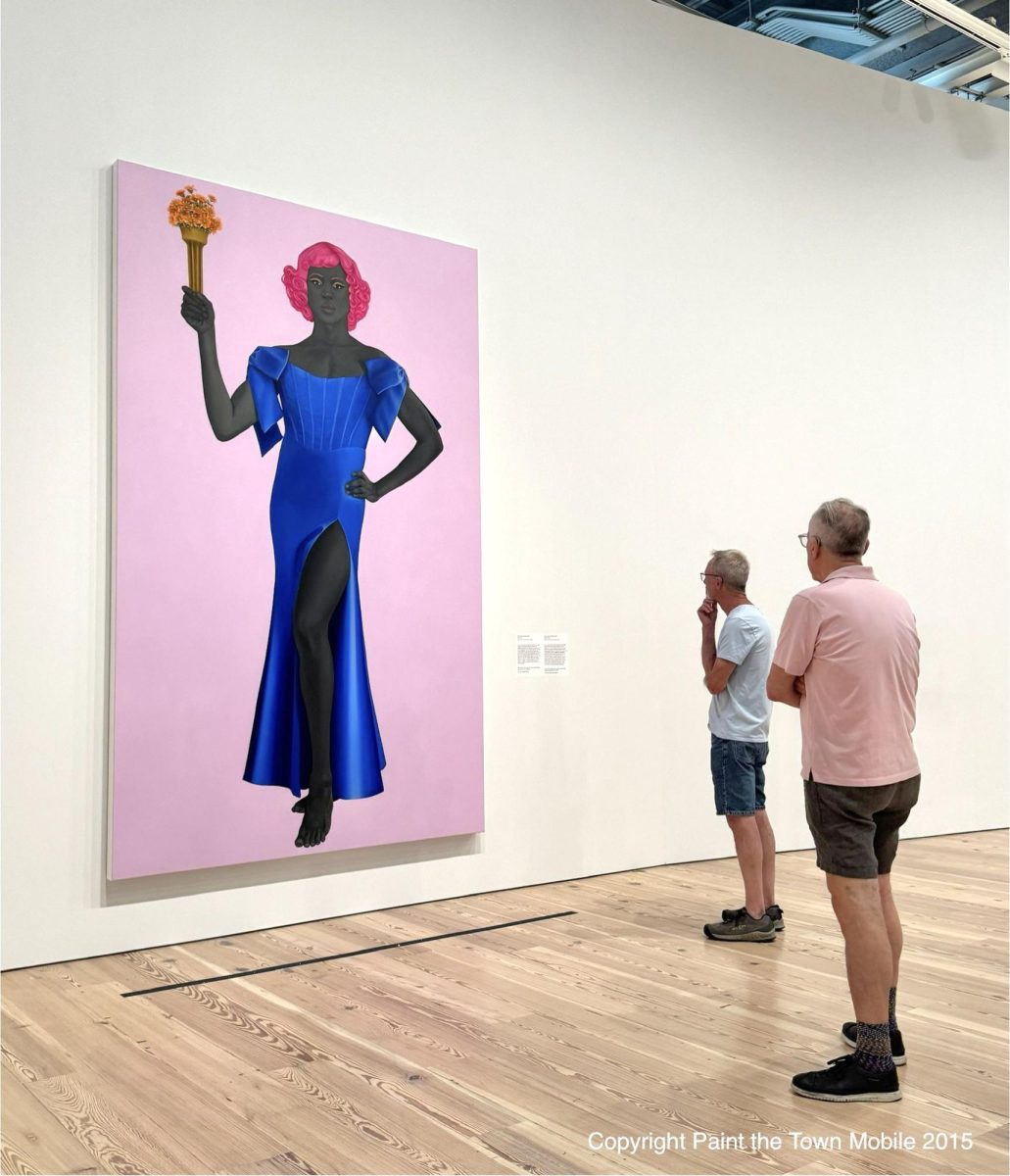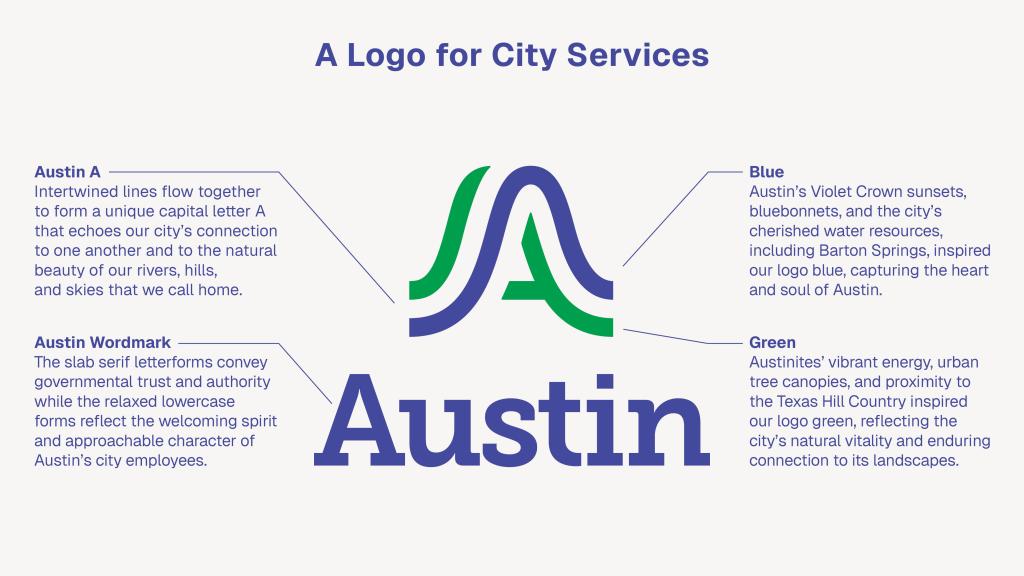A couple of weeks ago, I was feeling really sorry for myself. There was about a two-week period where school, sports, work, extracurriculars, college and of course, the stress of a global pandemic, were all making demands on my time and were therefore taking a toll on my mental health. I know I’m not alone. This year feels like it’s all work and no play: we don’t get the socialization of a normal year, but we’re still expected to complete our schoolwork and other responsibilities. We’re all having to mourn the loss of a year of high school, a year of our youth. It’s hard.
But here’s the thing: we can’t let that grief get in the way of the joy we still have in our lives.
During that stressful period, and secretly for months before then, I felt like my sadness, my sacrifice was the biggest in the world. Nobody else felt the emotions I did as a senior, a busy senior at that. The way I expressed those emotions was a reflection of the “superior” grief I nurtured. I was a total pest to my family, secretly thinking that they all had it much easier than I did. I always complained, I neglected my chores, and I blew off my parents when they tried to help me feel better.
Finally, after around two weeks, my family was fed up with me.
It was right around 9:30 at night, and I had just gotten home from a late shift at work. I had some homework to finish, and I was not looking forward to doing the derivatives and analyses I had procrastinated on. I made no secret of my displeasure, dramatically sighing and dragging my feet to my room. My dad came in and asked me what was wrong. Like I had been doing for two weeks, I huffed and made some short, sarcastic comment about losing my senior year or being overworked or whatever else I could say to elicit some pity. This time, however, my dad wasn’t having it.
“Ellen Anne Fox,” he started.
As soon as I heard my middle name, I regretted my sarcasm.
“You have been slamming doors, leaving your stuff everywhere and completely shutting your family out. Something’s gotta give. I know this is tough for you, and if I could stop this I would, but you need to pull yourself together. This is hard for all of us, and your actions are inconsiderate. Stop feeling sorry for yourself and start taking charge of your life.”
I was shocked. Then I felt embarrassed. He was right, I had been throwing myself a pity party, and the only thing that headspace did was make me feel worse about the situation. It’s so much easier to spiral into despair and hopelessness when you’re looking for things to complain about.
I have so much to be grateful for. There’s a roof over my head, I have food in my stomach, and at night I have a bed to sleep in. My friends and family have been lucky enough to all stay healthy. Even during COVID, there are bright spots. And now we are seeing the light at the end of the tunnel with the beginning of the vaccine distribution. When I look outside, the world is still there. Whether we like it or not, this pandemic is going to continue for at least another couple of months, so if you’re like me and have struggled with frustration and despair for the past 10 months, ask yourself if you want those feelings to continue for the rest of the time we have to spend apart.
I convinced myself that my struggles were bigger than everyone else’s when I really should have been counting my blessings. So many people have lost their jobs, their houses, their families. At some point, I needed to take a step back and appreciate all the good that still remains in my life. We cannot adequately support those we love if we are lost in our own feelings of sadness and loss. I’m not saying that those feelings are easy or that they should be ignored. Accept your feelings, give yourself time to feel them, but don’t let them become your reality. Eventually, we have to let them go.








